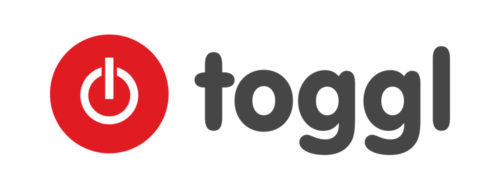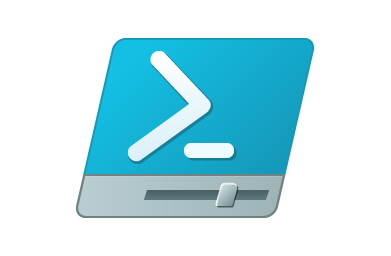Ever had a folder with a bunch of XML documents that you needed to query? Read … Get element max value from folder with XML filesRead more
PowerShell
From SQL Server to MSMQ using PowerShell
How do you get records from a SQL Server table into a MSMQ queue as separate … From SQL Server to MSMQ using PowerShellRead more
Toggl Time entries to SQL Server
Toggl is a very simple to use cloud based time tracking application. Time entries on projects … Toggl Time entries to SQL ServerRead more
From PowerShell to SQL Server tables
Some of the output from PowerShell cmdlets return results that can be represented as tables. So … From PowerShell to SQL Server tablesRead more

